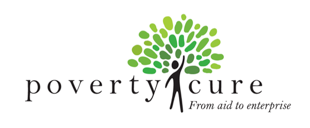People and organizations seek to serve the material poor out of a good heart. However, we must be aware that good intentions are not enough. We must think through the probable results of our charitable actions and seek to avoid damaging, unintended consequences.
Below are several Issue Articles that highlight how charity can hurt its intended beneficiaries more than help them. Equip yourself with knowledge of these issues so you can avoid charity that hurts.












